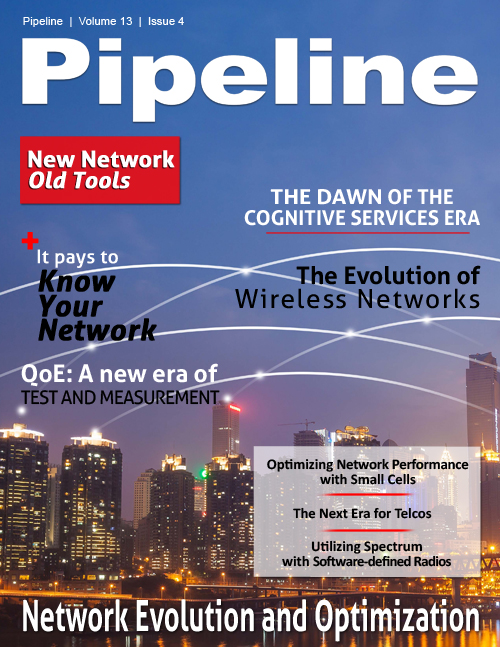Telecom Industry News
Still, to account for whatever mobile data is being used by consumers, expense management solutions provider Tangoe this month announced a new cloud-based data analytics application that enables businesses to monitor and analyze how mobile data is consumed by device, application, and transaction within each application. The advanced analytics application gives Tangoe’s Mobility as a Service (MaaS) customers increased visibility into application usage behavior and the associated costs.
FCC remains busy
The Federal Communications Commission put wireless license holders on notice this month that they need to be more careful with their licensing.
The commission reached a $450,000 settlement with AT&T for unauthorized wireless operations after the company admitted it operated fixed wireless stations differently than its license parameters allowed and failing to file the required paperwork. The investigation revealed that AT&T operated numerous common carrier fixed point-to-point microwave stations throughout the United States in ways that differed from the stations’ licenses for periods ranging from three and a half years to over four years.
In another high-profile case, the FCC this month announced that Siemens Corporation and Siemens Medical Solutions as wireless license holders will pay a $175,000 fine for failing to disclose prior felony convictions as required by law. Siemens, Siemens Medical, and some of their subsidiaries hold numerous FCC wireless licenses and were required to disclose prior criminal convictions for violations of the Foreign Corrupt Practices Act and, separately, obstruction of justice on their applications.
The commission delayed a vote this month on a controversial proposal giving pay TV consumers access without a cable box to programming they pay for every month. Cable companies have argued that the proposal exceeded the FCC legal authority and was an example of government unauthorized interference in the pay TV industry.
Also this month, the FCC adopted rules to update and strengthen Wireless Emergency Alerts (WEA), a system that delivers critical warnings and information to Americans on their wireless phones. The updated rules are intended to promote the wider use and effectiveness of this lifesaving service, especially for state and local authorities to convey important information to their communities.
Technology leaps
Two major technology announcements in particular stand out this month. AT&T introduced a new technology it claims is capable of delivering wireless multi-gigabit-speed Internet connectivity over power lines in urban rural and under-served parts of the world. The company states its new Project AirGig solution is a transformative technology from AT&T Labs that could one day deliver low-cost, multi-gigabit wireless Internet speeds using power lines. It claims the technology will be easier to deploy than fiber, can run over license-free spectrum, and can deliver ultra-fast wireless connectivity to any home or handheld wireless device. AT&T expects to hold its first field trials in 2017.Nippon Telegraph and Telephone Corporation this month announced it has achieved Tbps-level carrier network transport functions using general-purpose white-box communications equipment. NTT claims it has attained transport functions for carrier networks using white-box switches and demonstrated the possibility of configuring carrier-provided Tbps-level virtual networks using only general-purpose communications equipment. The company states this has been achieved with software that enables the use of MPLS functions required for virtual networks, developed with a completely open technology so that many equipment vendors and carriers will be able to use the software in the future.


















